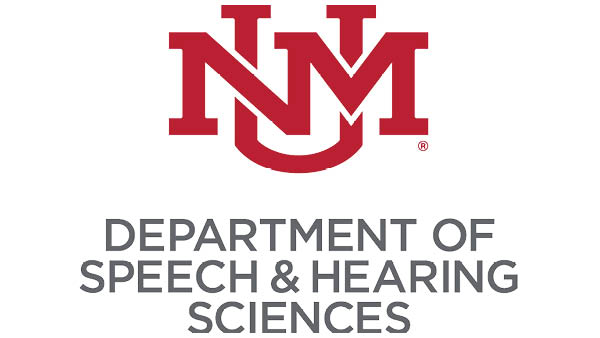Speech & Hearing Sciences team researches novel approach to bilingual speech therapy
August 17, 2023 - Savannah Peat
 It’s a difficult, impressive feat on its own to help children work through speech problems. It’s even more inspiring when you take into account the bridge of language itself.
It’s a difficult, impressive feat on its own to help children work through speech problems. It’s even more inspiring when you take into account the bridge of language itself.
That’s a path just crossed by UNM Speech & Hearing Sciences Assistant Professor Carlos Irizarry-Pérez, in his newly published research, titled: A Complexity Approach to Promoting Within- and Cross-Language Generalization in Bilingual Children With Phonological Delays.
“Generalization is taking a skill that you've learned in one particular context and being able to use it in another context. Best practice is to approach generalization from the most complex aspects of speech with the belief that the simpler pieces fall in place,” Irizarry-Pérez said.
This was part of a massive undertaking when Irizarry-Pérez was chosen to be funded by the American Speech-Language Hearing Association. Phonological delays, the inability to fully, correctly form the sound system of a language, is a predictable, and therefore treatable speech disorder. Irizarry-Pérez found a new way to do so.
“Speech sound disorders, which can look a lot of different ways, but in really simple terms, are difficulty with producing sounds accurately,” he said. “With bilingual children, there's more than one language, so it’s harder, and there just hasn't been a lot done in that area for bilingual children.”
Whether it’s missing a certain sound, or replacing one sound with another, the causeless condition is a difficult one when working with bilingual children. It’s even more challenging, given the lack of bilingual speech therapists working– a startlingly low 8%.
Read more in the UNM Newsroom
